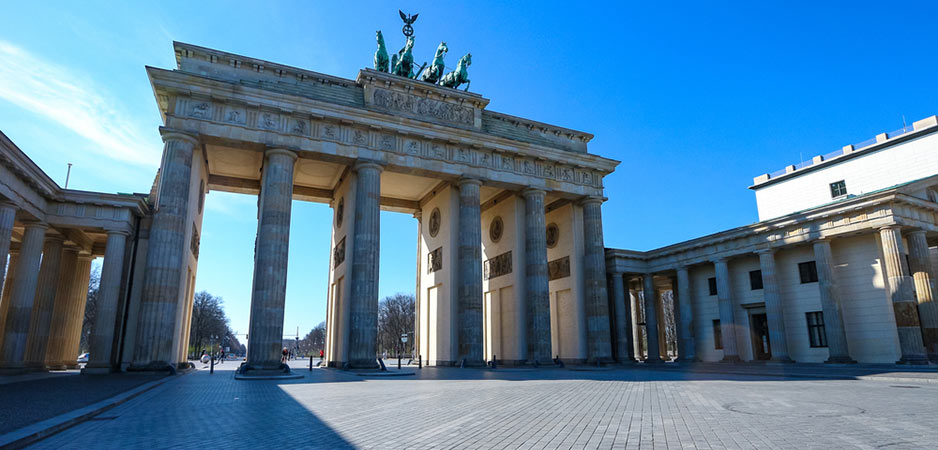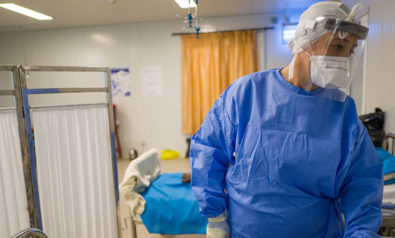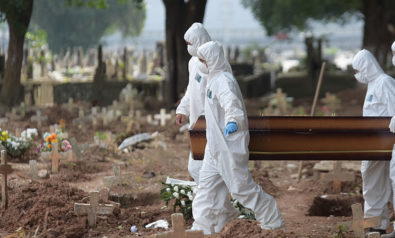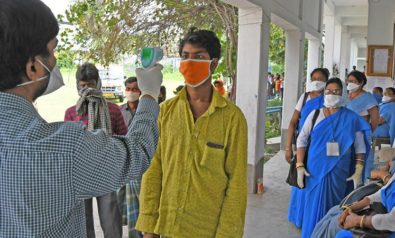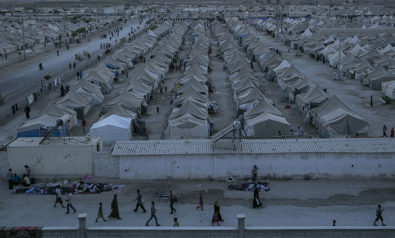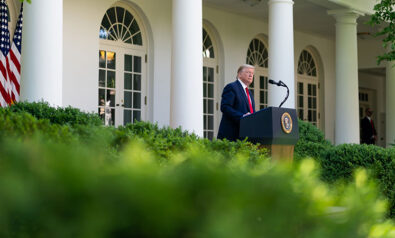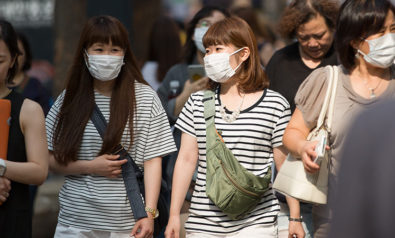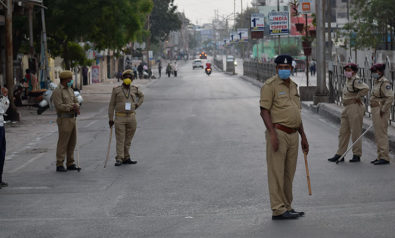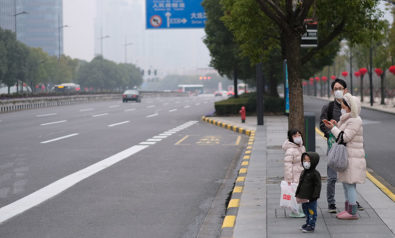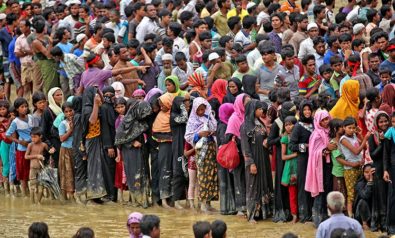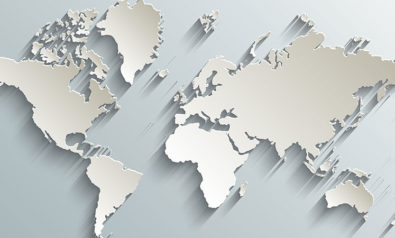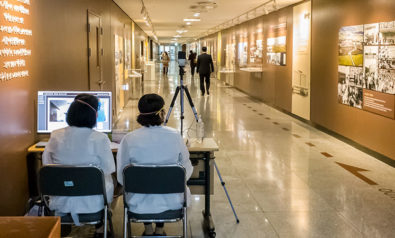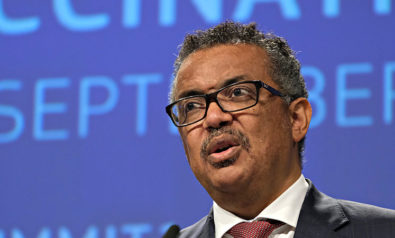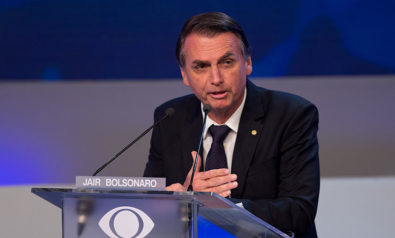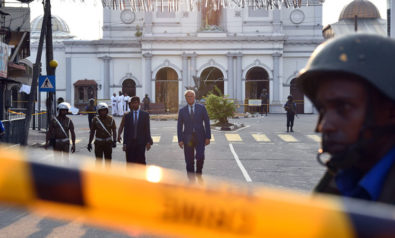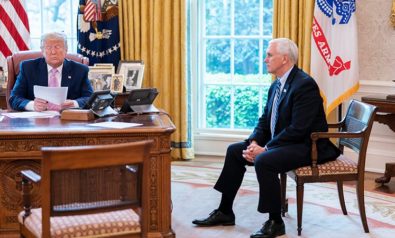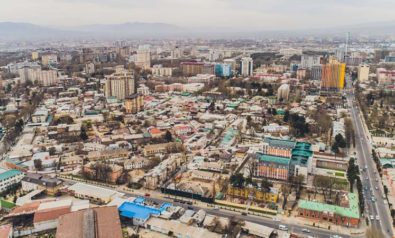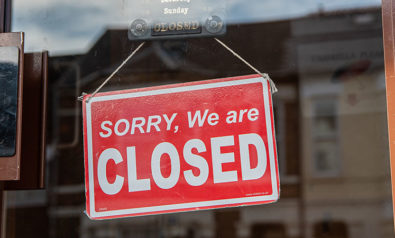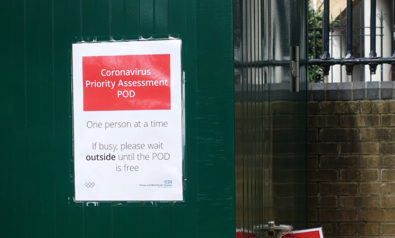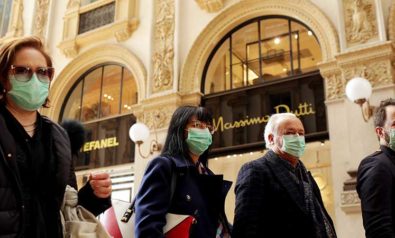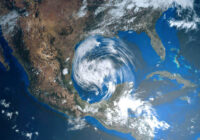Border closures, lockdowns, competition for medical equipment, export bans — at the beginning of the health crisis, states in Europe and around the world were primarily concerned with implementing national measures and interests to contain COVID-19, the disease caused by the novel coronavirus. This discernible lack of solidarity and commitment to international cooperation among key actors exacerbates the crisis of multilateralism and increases the uncertainty of global networking.
This highlights the need, especially now, to create productive multilateral framework conditions that will be valid beyond the COVID-19 pandemic and permanently transform the world order. Without global governance, there will be no sustainable successes in health policy and beyond.
What Will Post-Pandemic Economics Look Like?
With regard to health crises, especially infectious diseases with global dimensions, a policy is needed that simultaneously overcomes the acute crisis, maintains regular health care services, promotes resilient and needs-based health systems, and creates conditions for cushioning the social and economic damage caused by the crises — in local, national, regional and international contexts.
An inner-European perspective is, therefore, not sufficient to overcome the COVID-19 crisis. Globally coordinated cross-policy initiatives are needed, and Germany should actively seek to shape these on the international stage (the “health in all policies” approach). This will involve short, medium and long-term planning approaches.
Three Time Horizons for International Cooperation
In the short term, the top priority is to successfully slow down and control the pandemic. In this context, German and European policymakers should make financial, material and human resources available for countries and regions that are particularly affected. This involves access to health services for all people and a social safety net.
Efforts in this direction should be promoted in equal partnerships — and on an equal footing — with international institutions such as the World Health Organization (WHO), regional blocs such as the African Union and the Association of Southeast Asian Nations, and with development banks and civil society actors.
In the medium term, the crisis and the systemic competition between the United States and China will increase the level of pressure on the European Union and Germany to act autonomously in a proactive and strategic way. For the EU, it is a matter of creating new productive, multilateral framework conditions for global health (and beyond), in which central elements of European values are embedded.
Specifically, the aim should be to establish an international and independent mechanism for monitoring the functioning of comprehensive health systems. Furthermore, it should be ensured that research and development activities in the field of vaccines and therapeutics are globally coordinated, and that the WHO is strengthened financially and in terms of personnel.
For global health, this means in the long term establishing the promotion of robust, needs-based health systems as a guiding principle and underpinning them with financial and political resources. Germany, in particular, is called upon here, as it is foreseeable that the country will emerge from this crisis better than others. German global health policy focuses on principles such as social security, sustainable development and international solidarity, which are comparable with the values of the EU.
With its global health strategy, the European Union, too, is pursuing the goal of ensuring the human right to health, also by interlinking it with other policy areas. In its latest strategic agenda, as well as in its plans to develop EU connectivity partnerships with Asia, the European Union is committed to helping shape the global order and bringing its interests and values onto the international stage. This must now be demonstrated.
Shaping Policy Internationally
With a view to short, medium and long-term initiatives, Germany should play a shaping role in several political forums. Until the end of 2020, the federal government is a non-permanent member of the United Nations Security Council. Germany could make public health, the health of the health workforce and the role of non-state actors in health care provision in conflict areas an issue. At the same time, COVID-19 is having an impact on UN missions and the deployment of troops. Mandates could therefore be extended to include a health component.
Moreover, Germany has a seat on the UN Human Rights Council until 2022, and this could be used to promote the right to health. The forthcoming German European Council presidency is already being described as a “corona presidency” and can lay the foundations for anchoring values such as partnership, sustainability and social security in strategies and international initiatives beyond this health crisis.
The G20 and G7 have been discussing global health issues for several years. Attention must be taken here to make better use of the levers between health, development and finance policy. All efforts in international forums should take into account the future of the WHO and multilateral partnerships such as the Gavi, the Vaccine Alliance, and the Global Fund to Fight AIDS, Tuberculosis and Malaria. In the long term, synergies need to be exploited and public health systems strengthened.
The time horizon of internationally coordinated measures must not be limited to acute crisis management, but must also include recovery, impact assessment and prevention in order to establish health policy as a global policy in the long term. The field of global health — in all of its complexity — reveals the possibility of developing concrete global solutions for this crisis and beyond, and these can also help shape the framework conditions of the future global order.
*[This article was originally published by the German Institute for International and Security Affairs (SWP). SWP advises the German government and Bundestag on all questions related to foreign and security policy.]
The views expressed in this article are the author’s own and do not necessarily reflect Fair Observer’s editorial policy.
Support Fair Observer
We rely on your support for our independence, diversity and quality.
For more than 10 years, Fair Observer has been free, fair and independent. No billionaire owns us, no advertisers control us. We are a reader-supported nonprofit. Unlike many other publications, we keep our content free for readers regardless of where they live or whether they can afford to pay. We have no paywalls and no ads.
In the post-truth era of fake news, echo chambers and filter bubbles, we publish a plurality of perspectives from around the world. Anyone can publish with us, but everyone goes through a rigorous editorial process. So, you get fact-checked, well-reasoned content instead of noise.
We publish 2,500+ voices from 90+ countries. We also conduct education and training programs
on subjects ranging from digital media and journalism to writing and critical thinking. This
doesn’t come cheap. Servers, editors, trainers and web developers cost
money.
Please consider supporting us on a regular basis as a recurring donor or a
sustaining member.
Will you support FO’s journalism?
We rely on your support for our independence, diversity and quality.


